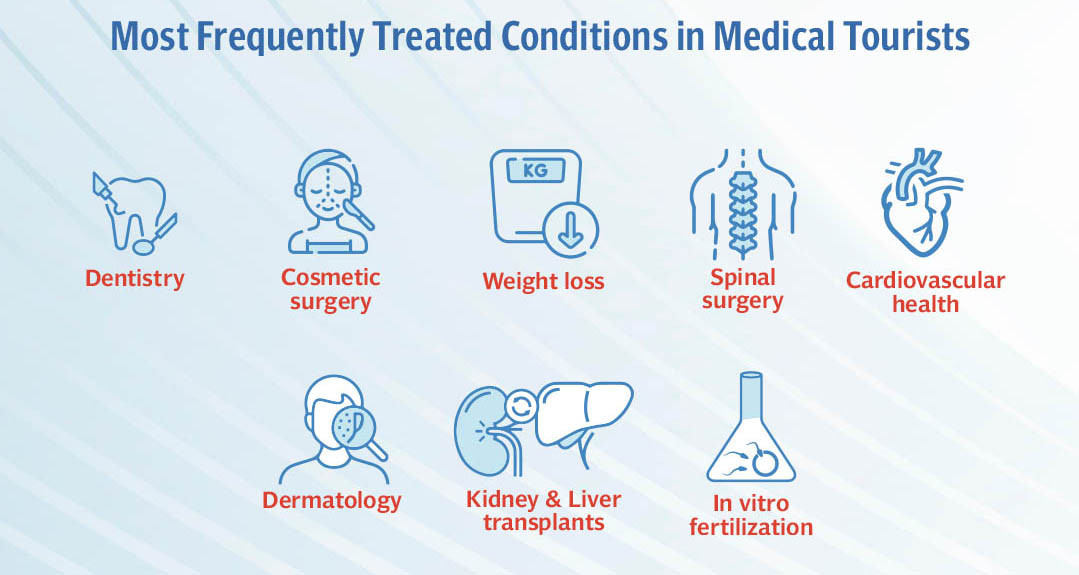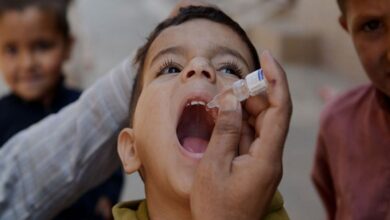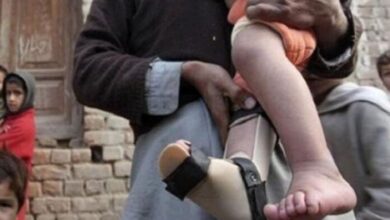How to maintain hydration, energy while fasting? Health expert reveals some secrets
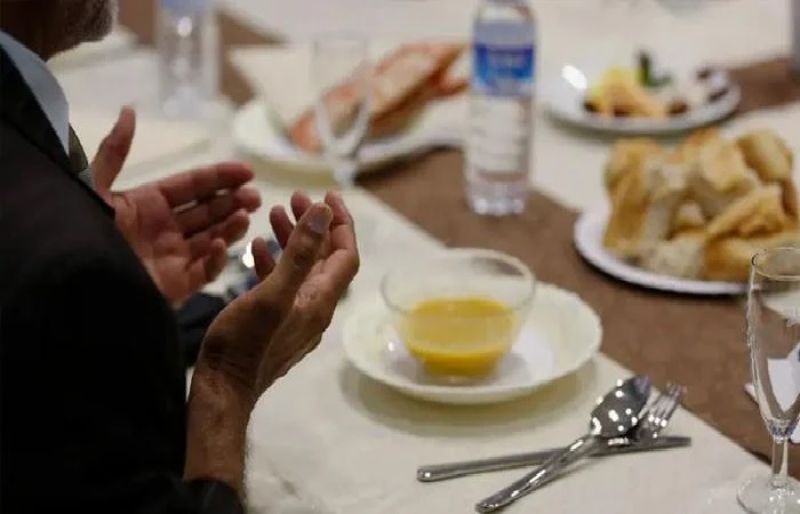
[ad_1]
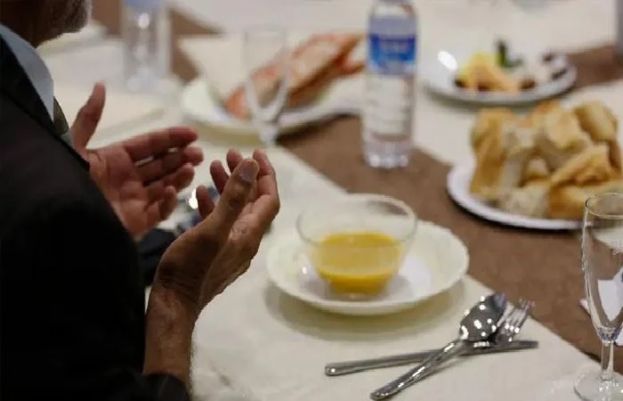
With the global Muslims commemorating Ramadan, the period of fasting from sunrise to sunset, energy level and hydration maintenance is of utmost importance, Al Arabiya reported.
Clinical Dietician Sara Abdelghany from Dubai’s Healthbay Clinic revealed some tips on how to overcome dehydration, fatigue and other challenges while fasting in this Holy month.
According to Abdelghany, meal planning is essential as one should divide the daily calories into two to three meals and snacks. If you are having Iftar, she advises to stay away from deep-fried and fatty foods as they may cause tummy ache and bloating.
Processed ones like sausages and breaded meats, along with ready-to-eat soups, are high in sodium and mono-sodium glutamate, thereby causing excessive thirst. Sugary drinks like jallab, tamereddine, fresh juices and soda add to weight gain and sugar cravings, leading to an elimination of the benefits of fasting.
Although Ramadan sweets can be enjoyed, still, moderation is the key to weight gain and hunger prevention. Abdelghany suggests to limit the consumption of Ramadan sweets to thrice a week and to stick to moderate portion sizes.
Caffeinated drinks such as coffee and soft drinks should be avoided because they are diuretic in nature. Water is the key element during Ramadan, and by Abdelghany’s suggestion, one should drink at least 8 to 12 cups of water throughout the day between Iftar and Suhoor.
To optimise hydration, including fresh fruits and vegetables in meals will be beneficial because they have lots of water and potassium. This way, the body is provided with a steady supply of water for hours, which helps to sustain well-being throughout fasting hours.
[ad_2]


